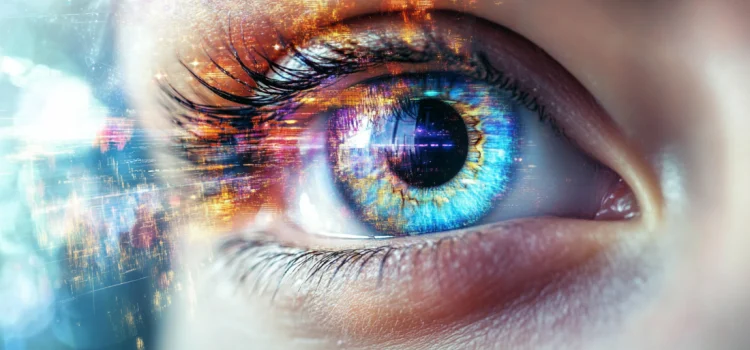
What is motivated perception? Why is it perceived as a sign of addiction?
Adam Alter explains that both gambling experiences and immersive technologies present a deceptively superior alternative to reality. Gamblers can easily fall victim to motivated perception, a psychological phenomenon where intense desire primes your brain to interpret the world in a way that aligns with your desires.
Read more to learn how motivated perception deceives you to believe reality is different than what it truly is.
Deceptive Superiority to Real Life
As a result of motivated perception, gamblers irrationally believe they’re always about to win, even though they’re statistically likely to lose. Similarly, Alter says you might have an irrational belief that your social media use is a net positive when it’s not.
Another way that immersive technology can seem preferable to real life is that it makes the impossible possible. This is especially true for the expanding field of virtual reality (VR), where you can play games that transport you to fantastic worlds or have lifelike experiences with faraway friends, family, and coworkers. Alter says that experts are concerned about the effect VR might have on society over time—we might lose touch with the here and now in favor of virtual worlds or have opportunities to live out virtual experiences that are harmful, like exploitative sex or violence.
| How Smartphones and VR Distort Your Perception of Reality Motivated perception may explain why smartphone users commonly perceive “phantom calls and notifications,” the sensation that their phone is buzzing when it’s not. When you’re eagerly anticipating a message or interaction (which we’re all primed to do almost all the time, since notifications arrive unpredictably and trigger dopamine release), your brain can falsely interpret external stimuli to fulfill that expectation. Just as gamblers feel that they’re always about to win, you feel like you’re always about to be notified of something engaging and rewarding. Phantom phone buzzes make you check your phone. Even when you find that you didn’t receive any notifications, you might start unconsciously searching for a reward (like social media updates, breaking news, or a quick mini-game) since the phantom buzz made you expect one. If you find something rewarding and become engrossed in it, this could lead to time loss. Most people tend to underestimate the amount of time they spend engrossed in technology (another example of how smartphones skew your perception of reality), so you may not be aware of how much time loss this chain reaction of events has led to. Some studies suggest that when online gamblers are provided with automated personalized feedback (like the number of hours they spent gambling), their self-awareness and self-control increase, and their problematic gambling behaviors are reduced. However, studies suggest that in other contexts, equivalent apps that track your screen time don’t reduce problematic technology behaviors. This may be because most modern technology behaviors (like scrolling through social media) seem relatively low-risk with high potential for reward, at least in the short term, compared to gambling. However, as we discussed earlier, this perception is unrealistic, as problematic technology use is associated with a myriad of serious harms. Some studies suggest that the list of serious harms associated with technology use will expand as VR becomes more advanced. VR is already convincing and immersive—for example, your fear of heights can translate to VR environments. As developers discover new ways of providing sensory feedback, VR could become more immersive. Then, it may exacerbate things like pornography addiction and facilitate virtual violence that has real-life consequences for victims. Additionally, some experts warn that, as Alter suggests, life may lose its luster if limitless virtual reality becomes commonplace. On the other hand, some researchers believe VR could alter your perception of reality in positive ways, like by enhancing your empathy. |






